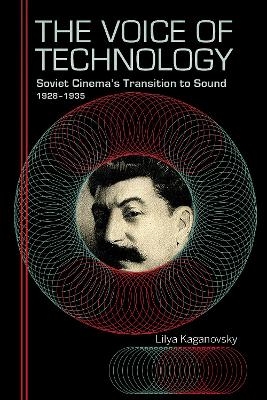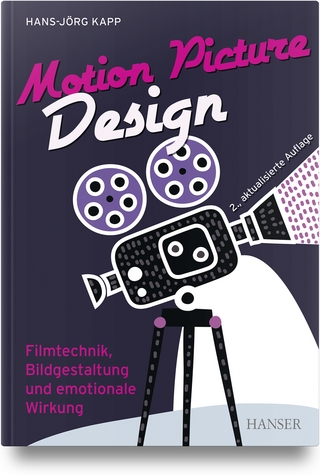
The Voice of Technology
Indiana University Press (Verlag)
978-0-253-03265-2 (ISBN)
Lilya Kaganovsky is Associate Professor of Slavic, Comparative Literature, and Media & Cinema Studies at the University of Illinois, Urbana-Champaign. She is author of How the Soviet Man was Unmade, and editor (with Lauren M. E. Goodlad and Robert A Rushing) of Mad Men, Mad World: Sex, Politics, Style and the 1960 and (with Masha Salzkina) of Sound, Music, Speech in Soviet and Post-Soviet Cinema (IUP).
Acknowledgments
Note on Transliteration
Prologue
Introduction: The Long Transition: Soviet Cinema and the Coming of Sound
1. The Voice of Technology and the End of Soviet Silent Film: Grigori Kozintsev and Leonid Trauberg's Alone
2. The Materiality of Sound: Dziga Vertov's Enthusiasm and Esfir Shub's K.Sh.E.
3. The Homogeneous Thinking Subject, or Soviet Cinema Learns to Sing: Igor Savchenko's TheAccordion
4. Multilingualism and Heteroglossia in Aleksandr Dovzhenko's Ivan and Aerograd
5. "Les Silences de la voix": Dziga Vertov's Three Songs of Lenin
Conclusion: Socialist Realist Sound
Works Cited
Index
| Erscheinungsdatum | 16.04.2018 |
|---|---|
| Zusatzinfo | 101 Illustrations, black and white |
| Verlagsort | Bloomington, IN |
| Sprache | englisch |
| Maße | 152 x 229 mm |
| Themenwelt | Kunst / Musik / Theater ► Film / TV |
| Geisteswissenschaften ► Geschichte | |
| Technik | |
| ISBN-10 | 0-253-03265-2 / 0253032652 |
| ISBN-13 | 978-0-253-03265-2 / 9780253032652 |
| Zustand | Neuware |
| Haben Sie eine Frage zum Produkt? |
aus dem Bereich


